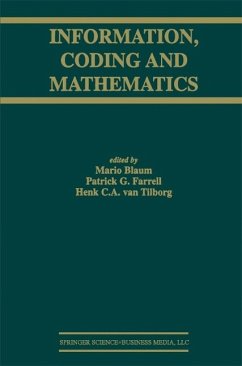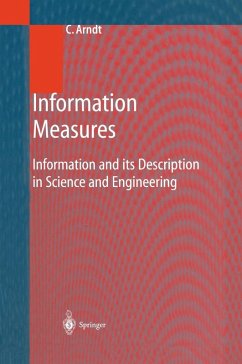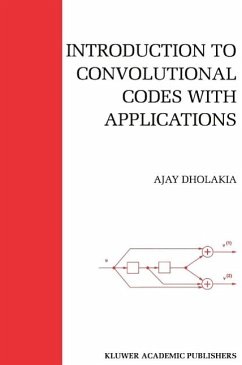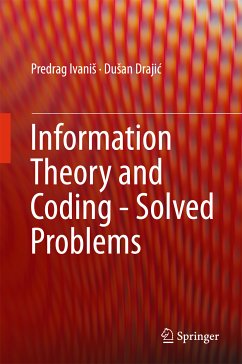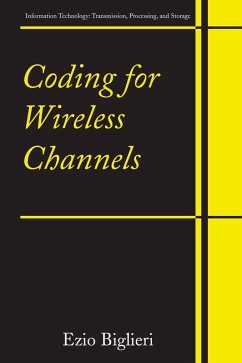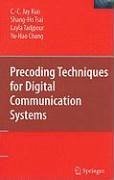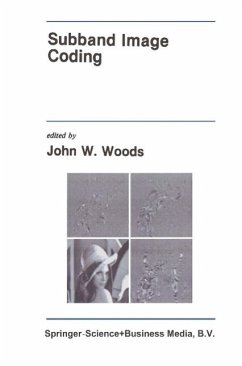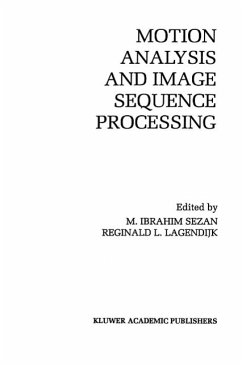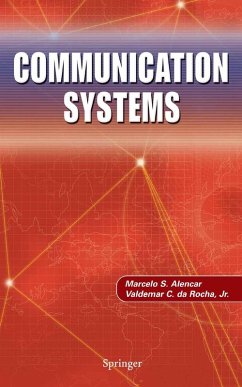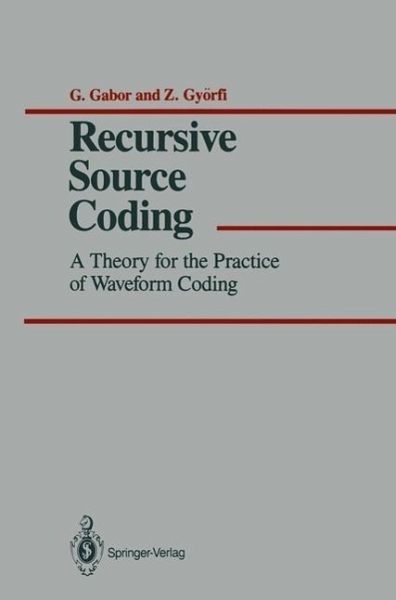
Recursive Source Coding (eBook, PDF)
A Theory for the Practice of Waveform Coding
Versandkostenfrei!
Sofort per Download lieferbar
72,95 €
inkl. MwSt.
Weitere Ausgaben:

PAYBACK Punkte
36 °P sammeln!
The spreading of digital technology has resulted in a dramatic increase in the demand for data compression (DC) methods. At the same time, the appearance of highly integrated elements has made more and more com plicated algorithms feasible. It is in the fields of speech and image trans mission and the transmission and storage of biological signals (e.g., ECG, Body Surface Mapping) where the demand for DC algorithms is greatest. There is, however, a substantial gap between the theory and the practice of DC: an essentially nonconstructive information theoretical attitude and the attractive mathe...
The spreading of digital technology has resulted in a dramatic increase in the demand for data compression (DC) methods. At the same time, the appearance of highly integrated elements has made more and more com plicated algorithms feasible. It is in the fields of speech and image trans mission and the transmission and storage of biological signals (e.g., ECG, Body Surface Mapping) where the demand for DC algorithms is greatest. There is, however, a substantial gap between the theory and the practice of DC: an essentially nonconstructive information theoretical attitude and the attractive mathematics of source coding theory are contrasted with a mixture of ad hoc engineering methods. The classical Shannonian infor mation theory is fundamentally different from the world of practical pro cedures. Theory places great emphasis on block-coding while practice is overwhelmingly dominated by theoretically intractable, mostly differential predictive coding (DPC), algorithms. A dialogue between theory and practice has been hindered by two pro foundly different conceptions of a data source: practice, mostly because of speech compression considerations, favors non stationary models, while the theory deals mostly with stationary ones.
Dieser Download kann aus rechtlichen Gründen nur mit Rechnungsadresse in A, B, BG, CY, CZ, D, DK, EW, E, FIN, F, GR, HR, H, IRL, I, LT, L, LR, M, NL, PL, P, R, S, SLO, SK ausgeliefert werden.



